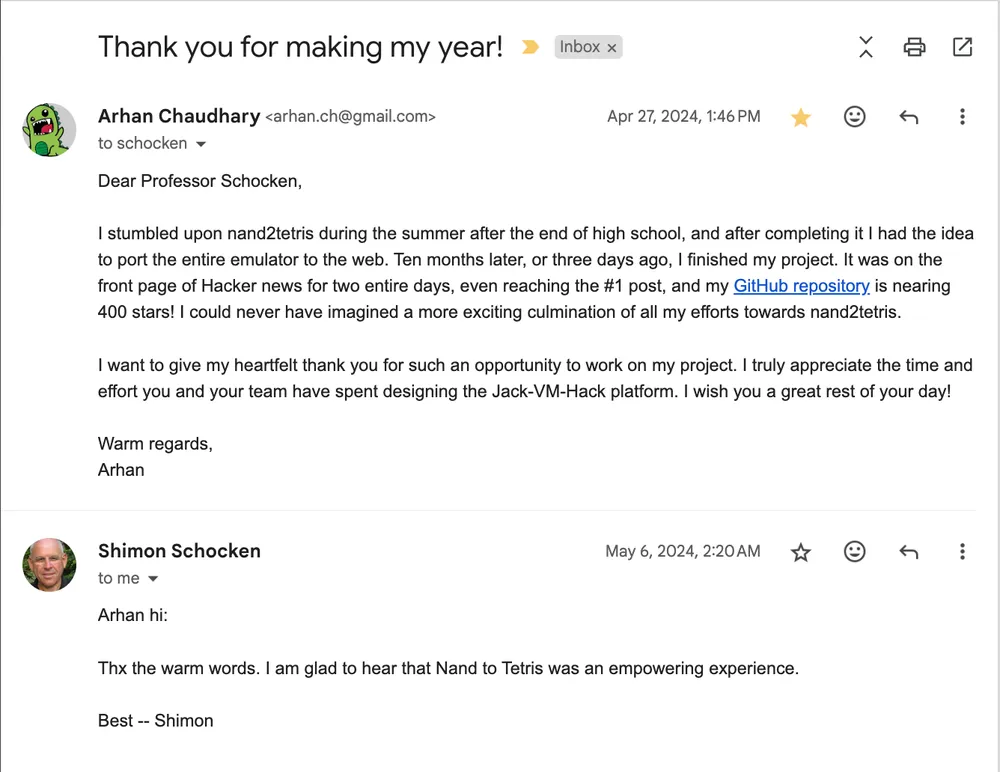My reading notes & book reviews
Reading List
Author: Cormac McCarthy
Author: Cormac McCarthy
Author: Andy Weir
Author: Cliff Stoll
Author: Arthur Clarke
Author: Martin Kleppmann
Authors: Paul Horowitz, Winfield Hill
Author: Jean-Paul Sartre
Author: Douglas Adams
Author: Donald Knuth
Author: Simon Winchester
Author: Steven Smith
Authors: Amal El-Mohtar, Max Gladstone
Reading in Progress
Author: Douglas Comer
2024
The Subtle Art of Not Giving a F*ck: A Counterintuitive Approach to Living a Good Life
Author: Mark Manson
It took me a long time to gather my thoughts about this book and give it a rating because I have mixed feelings about it. I picked up this book not because I felt like I needed self-help, but rather because I was curious about the genre. After finishing reading it, I can confidently say it was an incredibly positive experience! TLDR; the book lives up to its flashy name, but suffers a universal motivational baggage that comes with life advice in general.
Mark Manson calls out the disingenuousness of modern culture and embraces adversity in a uniquely memorable way. His writing style resembles a man-to-man conversation, littered with profane humor and witty analogies to help express his points. As dramatic as this sounds, his philosophy has helped discover my self-identity and shape my current values.
My only criticism in terms of the actual content is that the second half of the book seems to suddenly lose the unique charm exuberated by the first half. While still remaining meaningful, the book actually becomes a little boring towards the end.
Now, the nitty-gritty. Throughout the read, I couldn’t help but notice a subconscious feeling of, well, emptiness. In my opinion, a fundamental problem with life advice is that it’s addictive and really easy to ride a motivational high off of the feeling of being productive, when in reality nothing has changed at all. I can’t help but ask myself how much of the book I’ve already forgotten and how much of its advice I convinced myself I didn’t already know. To Mark’s credit, this isn’t really his fault. He even admits himself that most self-help books don’t actually say anything new or original; it’s about the presentation and packaging of the book that makes it empowering.
If you want to challenge your existing values and want another approach to living a good life, I highly recommend this book.
The Rust Programming Language, 2nd Edition
Authors: Steve Klabnik, Carol Nichols
My primary motivation for reading this was to complete Advent of Code 2023 in Rust. The writing is simple yet effective, and as a reference work, it basically achieves what you expect.
As far as my criticisms go, chapter 11.3 (lifetimes) simply wasn’t explained well, and chapters 13 (iterators/closures) and 18 (pattern matching) should have been placed towards the beginning of the book. These are just nitpicks; the book is still incredibly well executed for such a complicated programming language.
This book serves its role as a welcoming introduction to Rust. While it doesn’t cover everything, it’s enough to motivate readers to research more complex Rust topics and spark passion.
2023
The Elements of Computing Systems: Building a Modern Computer from First Principles
Authors: Noam Nisan, Shimon Schocken
This book holds a special place in my heart. I finished reading it right after starting college, and it reignited my interest in reading for fun. It was my first genuine read since the beginning of high school (I cared about the books in my English classes far less than I’m willing to admit).
I have no way to better describe this book than what the authors wrote themselves: a “voyage of discovery.” This book doesn’t just teach you how computers work, it offers a free hands-on hardware (and then software) course readers are encouraged to follow throughout each chapter. The book and its associated projects present themselves in a narrative that makes the reader feel as if they’re discovering these new, eye-opening concepts about computing themselves. It’s an excitingly unique experience that makes everything all the more memorable.
My associated project NAND was #1 on hacker news and just recently breached 500 stars on GitHub! It’s almost poetic just how perfect my experience with this book was.
I was so passionate about this book that I shot one of the authors a thank-you email!
